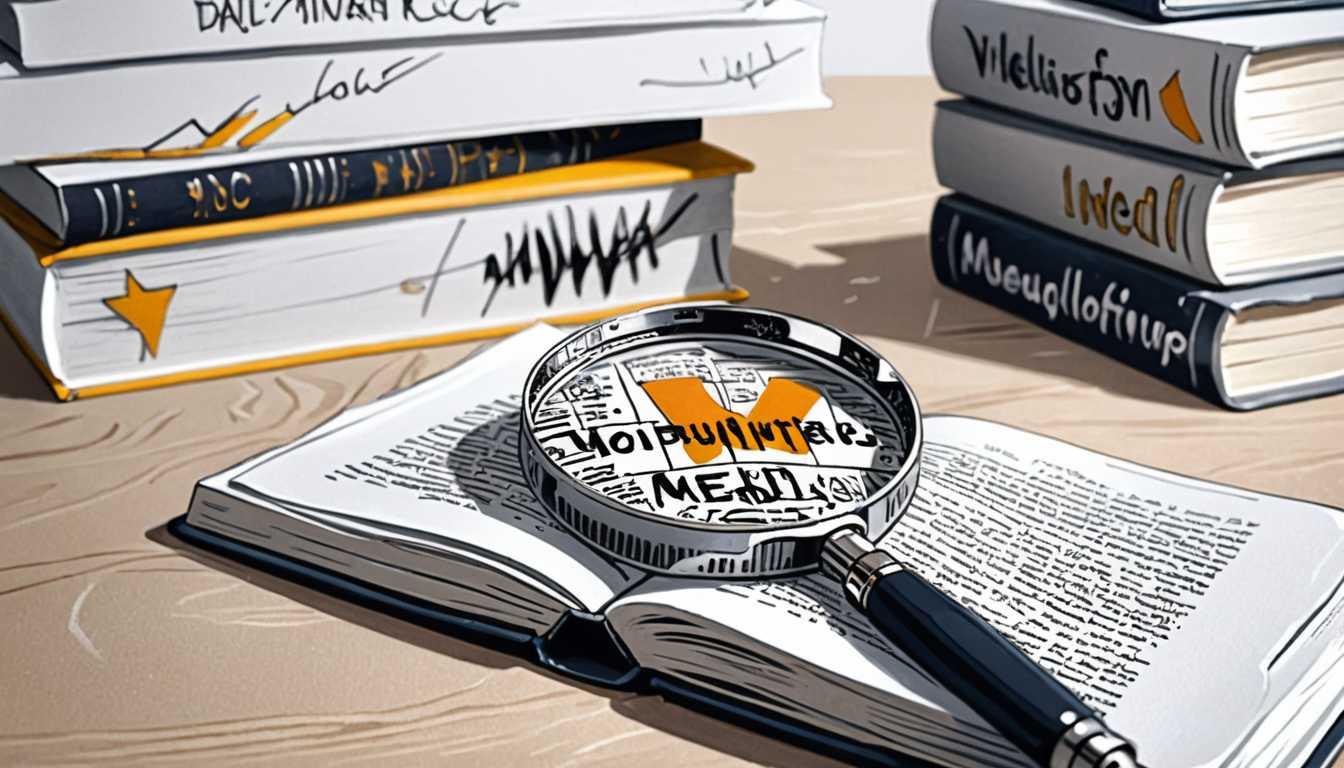Mastering Misinformation: Your Digital Defense
May 2024
MIT News
Introduction
Hey there, savvy students! Ready to tackle the digital jungle? Check out the article “CellImage,” where you'll discover an awesome new tool that helps you combat online misinformation like a pro! Say goodbye to fake news and hello to clarity—who knew fighting misinformation could be this cool? Trust us, this info-packed read from "New tool empowers users to fight online misinformation" is a must for anyone looking to boost their media smarts!
READ FULL ARTICLEWhy It Matters
Discover how this topic shapes your world and future
Navigating the Maze of Misinformation
In our digital age, the spread of misinformation is more than just an annoyance, it’s a global challenge that affects how we understand the world around us. With countless articles, videos, and social media posts at our fingertips, distinguishing between fact and fiction can feel like searching for a needle in a haystack. The rise of misinformation can influence personal beliefs, societal norms, and even major political decisions. This is where innovative solutions, like the Trustnet browser extension, come into play. By empowering individuals to assess content and rely on trusted sources, we can cultivate a more informed society. As you navigate your own online experiences, understanding how to identify misinformation not only sharpens your critical thinking skills but also contributes to a healthier information ecosystem.
Speak like a Scholar
Misinformation
False or misleading information that is spread, regardless of intent. It can include rumors, fake news, and misinterpretations of facts.
Decentralized
A system where control or authority is distributed rather than concentrated in a single entity. In this context, it refers to giving users the power to assess information rather than relying on companies.
Assessment
The process of evaluating or analyzing something to determine its accuracy or value. In this case, it’s about figuring out whether online content is true or false.
Trustworthiness
The quality of being reliable or deserving of trust. It’s essential to identify sources of information that you can depend on.
Critical Thinking
The ability to analyze information and arguments, evaluate evidence, and make reasoned judgments. This skill is vital for discerning fact from fiction online.
User Engagement
The interaction and involvement of individuals with a platform or tool. Higher user engagement can lead to more effective assessments of online content.
Independent Research Ideas
The Role of Social Media in Shaping Perceptions
Investigate how different social media platforms impact user beliefs and attitudes toward misinformation. What patterns emerge in how users react to false information?
Decentralization in Other Fields
Explore how a decentralized approach is applied in areas like finance (e.g., cryptocurrencies) or governance. What can be learned from these examples that could enhance misinformation management?
The Psychology Behind Trust
Study how individuals determine whom they trust online. What psychological factors influence these decisions, and how do they impact the spread of misinformation?
Fact-Checking in the Age of AI
Examine how artificial intelligence can assist in identifying misinformation. How effective are AI tools compared to human fact-checkers?
The Impact of Misinformation on Communities
Analyze case studies where misinformation has affected local communities, such as public health crises. What can be done to mitigate these impacts in the future?
Related Articles

Fairness in AI: The Power of Randomization
July 2024
MIT News

Guardians of the Virtual Galaxy
April 2023
MIT Technology Review

AI: Learning from Past Tech Fails
May 2023
JSTOR Daily

AI, Intentions, and the Future Economy
January 2025
U of Cambridge Research

Empower Yourself: Fight Online Misinformation!
August 2024
MIT Technology Review